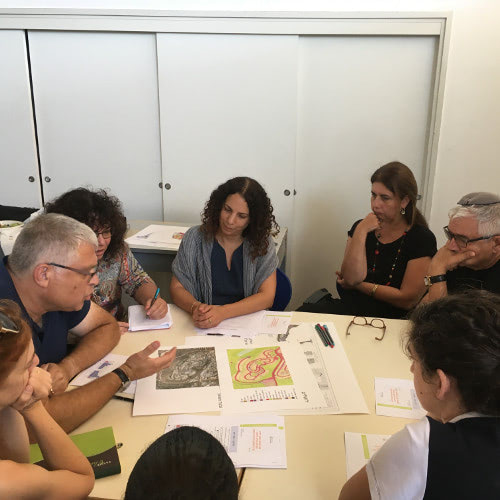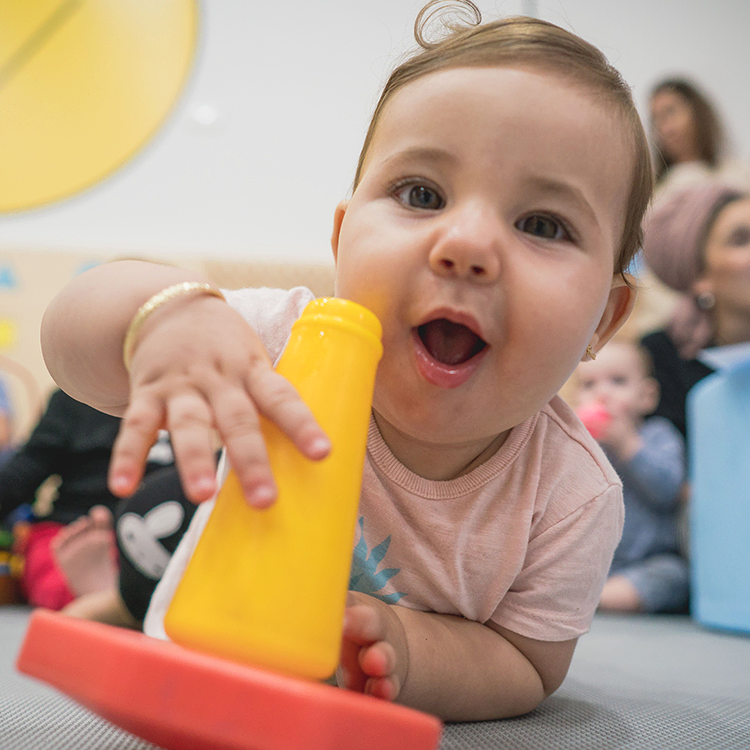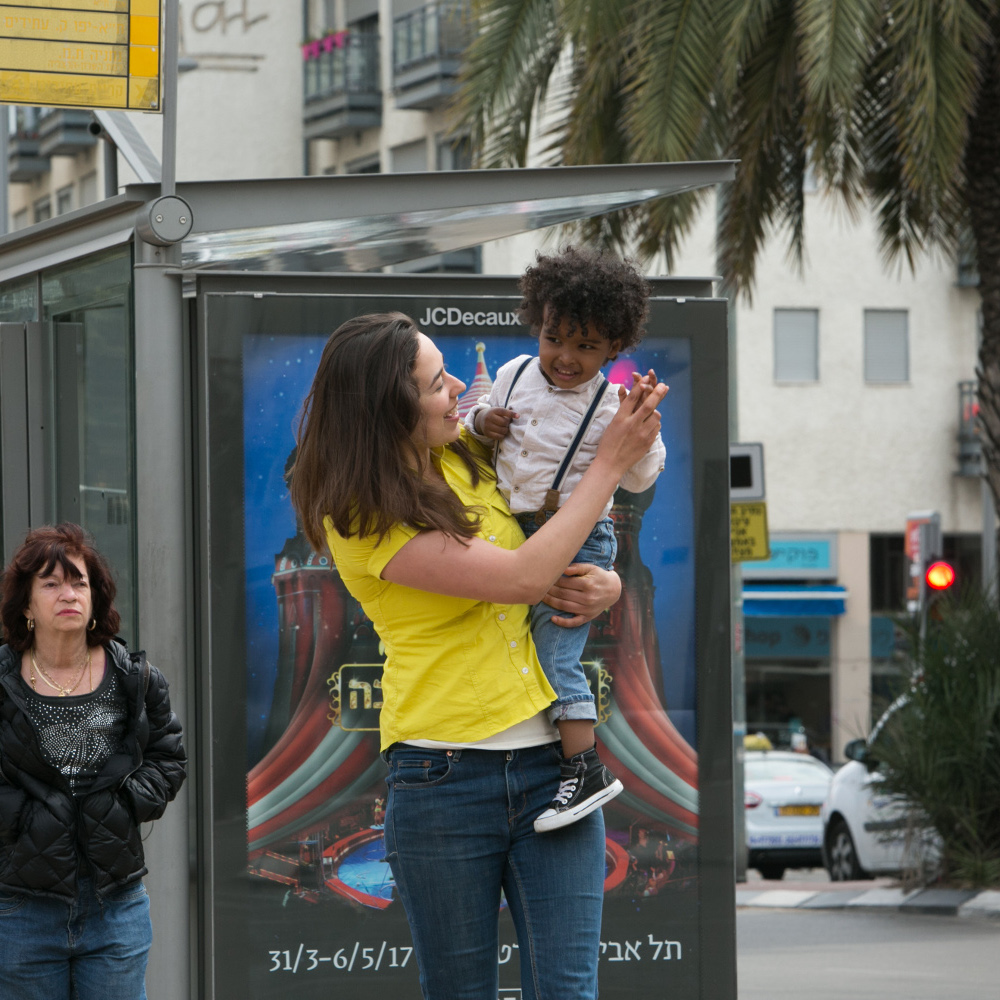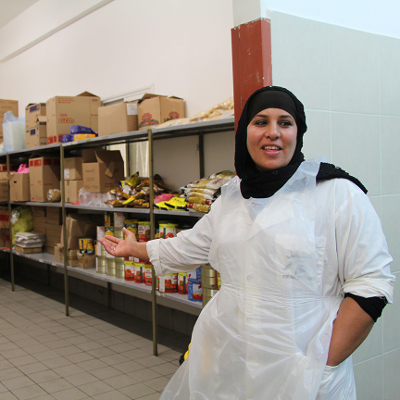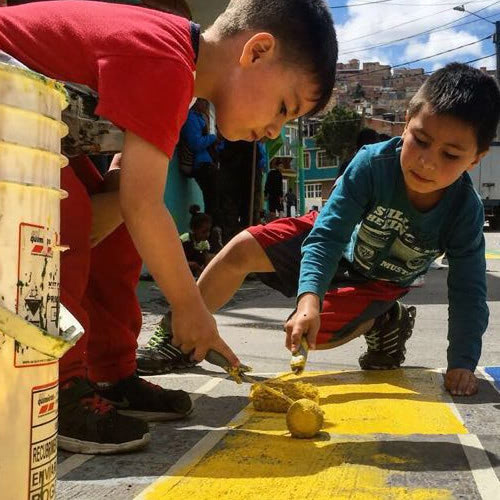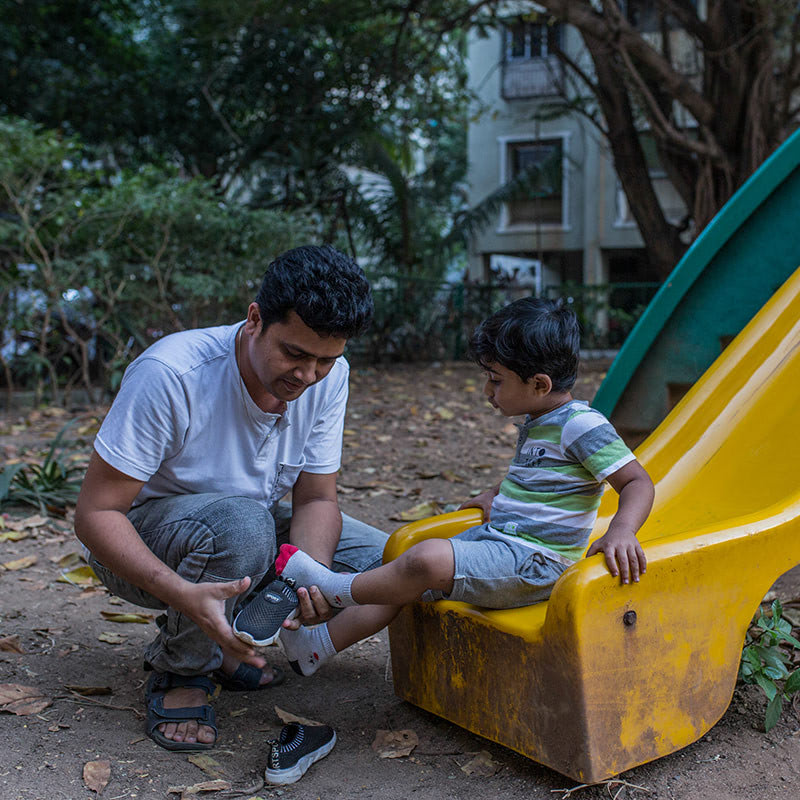Our partners the Urban Clinic at Hebrew University established the Peer Cities Network to enable Urban95 solutions to scale across Israel by providing a space for cities to exchange experiences with peer cities facing similar challenges. Nine cities joined, representing a range of sizes and cultural backgrounds: Beersheba, Elad, Holon, Jerusalem, Kfar Saba, Rahat, Sderot, Tel Aviv-Yafo and Umm al-Fahm.
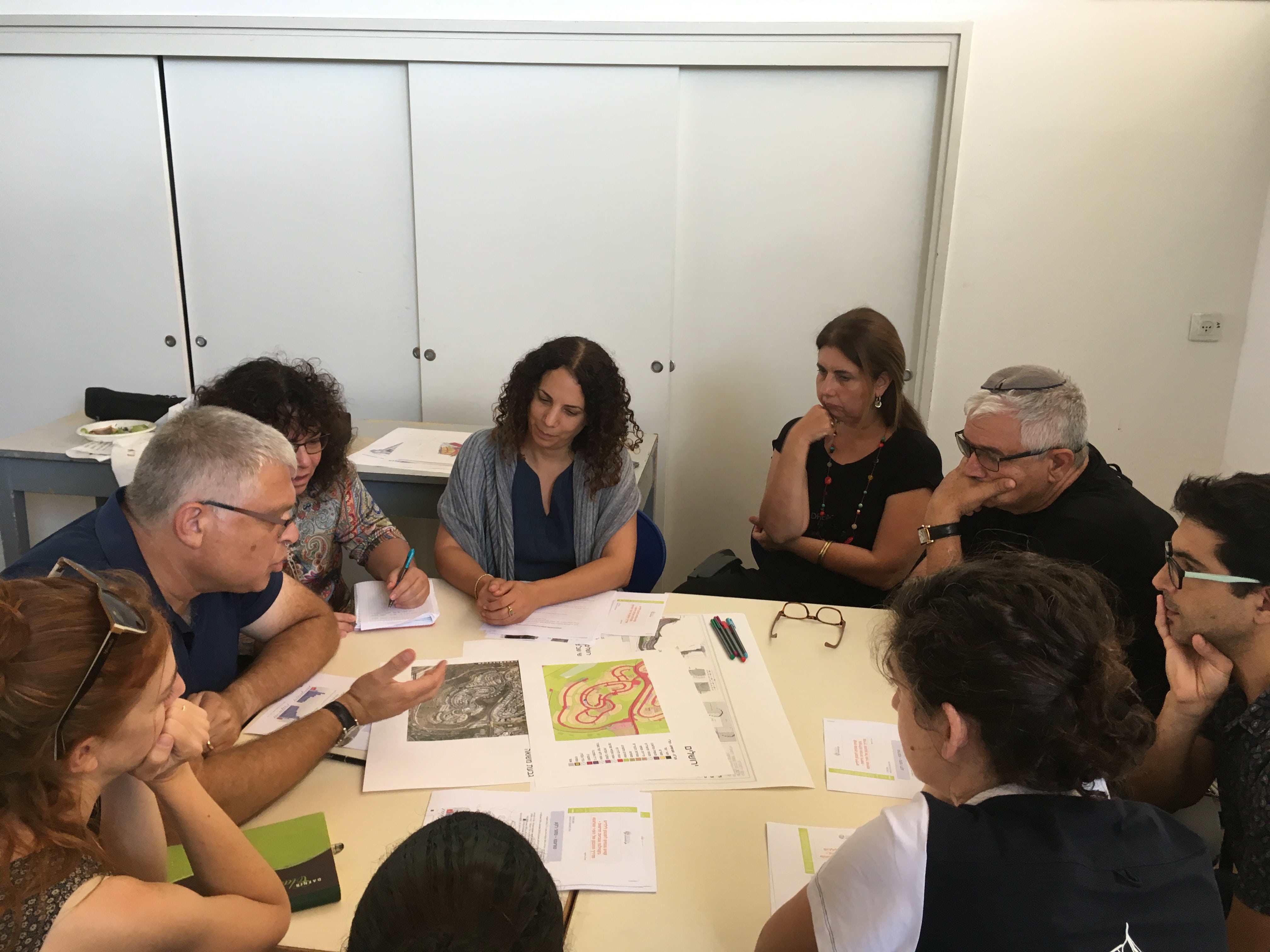
Ensuring relevance across the country
Israel’s cities are highly diverse, with different patterns of wealth and demographics presenting different challenges. For example, while Jewish towns tend to be planned, most Arab towns grow organically, and often lack open public spaces to play; high-rise living that works for families with two or three children may not be suitable for ultra-Orthodox families, who commonly have as many as 10 children.
If the Foundation’s Urban95 programme worked with only one city in Israel, it would therefore have only limited relevance to others in the country. The Peer Cities Network has proved to be a cost-effective way of reaching more cities, building capacity and facilitating mutual learning. It has generated new ideas that have attracted wider interest within municipal governments.
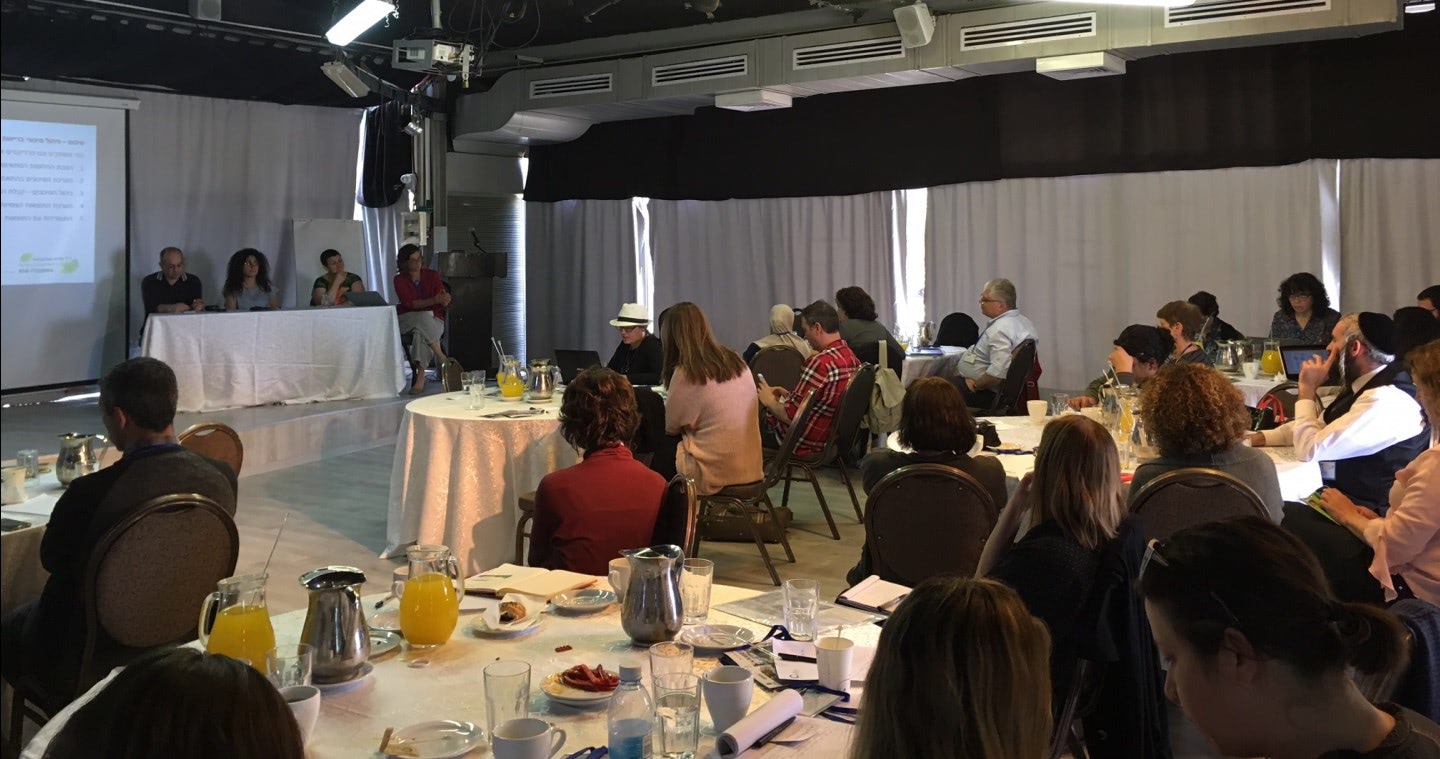
Knowledge developed from scratch
Each city government put forward two senior individuals, one from urban planning and one from the department dealing with children’s issues. In many cases, these professionals had rarely interacted before in their daily working lives.
During 2017, the group – joined by national-level experts – got together on six occasions for lectures, group discussions and field trips. All these sessions were developed from scratch, as there was little prior knowledge of what themes would be most relevant. Feedback from participants indicates that they have found the experience very useful, not least for creating a common language between urban planners and early childhood specialists in the country.
